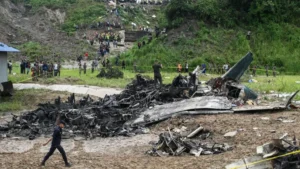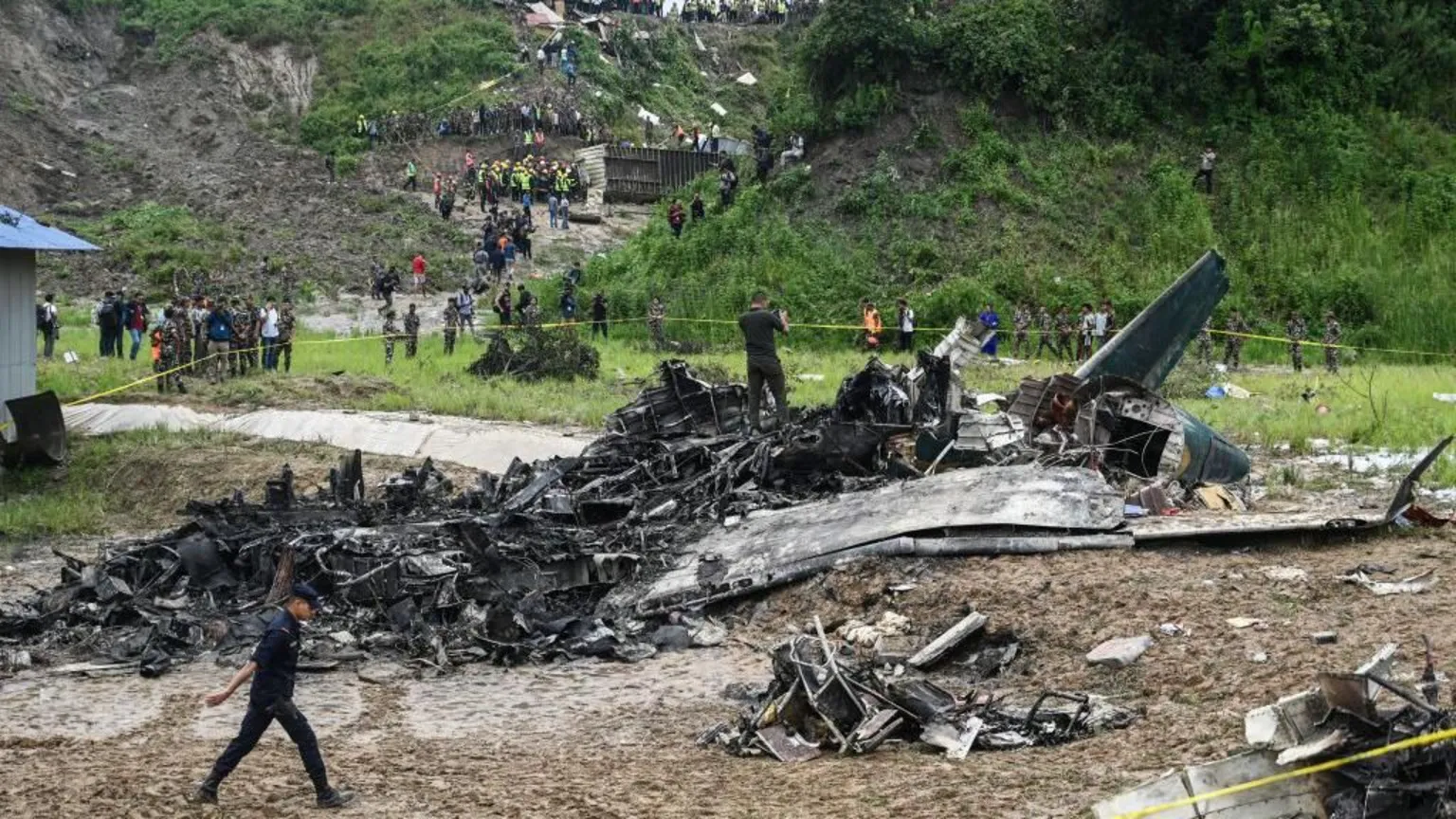Recent tensions between North Korea and South Korea have escalated sharply. On October 14, 2024, North Korea detonated key roads connecting the two countries, including the Gyeongui and Donghae roads, further straining an already fragile relationship.
This act by Pyongyang is part of a broader response to alleged South Korean military provocations, particularly the claim that South Korean drones had violated North Korean airspace.
North Korea’s aggressive actions signal its intent to build new defensive fortifications along the border, intensifying the regional tensions.
North Korea Destroys Key Roads Linking to South Korea
In a dramatic escalation of hostilities, North Korea destroyed the Gyeongui and Donghae roads on October 14, 2024, which had previously served as crucial links between the two Koreas.
The demolition of these roads marks a significant severing of physical ties and comes as a direct response to accusations of South Korean military provocations.
North Korea has accused South Korea of sending drones into its airspace, a claim vehemently denied by Seoul.
The destruction of the roads has heightened fears of a potential military confrontation between the two countries, who have long been at odds since the Korean War.
The Gyeongui and Donghae roads were seen as important symbols of potential reconciliation, and their destruction is a stark reminder of how fragile the peace on the Korean Peninsula is.
North Korea’s Justification: Response to South Korean Military Provocations
North Korea justified its actions by accusing South Korea of military provocations. According to Pyongyang, South Korean drones had entered North Korean airspace, an act it considers a direct threat to its sovereignty.
In retaliation, North Korea not only destroyed the two key roads but also announced plans to construct new defensive fortifications along its border.
This escalation comes at a time when diplomatic relations between the two countries are at a low point. Talks aimed at easing tensions have stalled, and North Korea’s decision to sever these roads indicates its willingness to take drastic measures in response to perceived threats. South Korea has firmly denied the drone incursions, but tensions continue to rise.
South Korea’s Response: Heightened Military Alert
In response to the destruction of the Gyeongui and Donghae roads, South Korea has placed its military on high alert. The South Korean government has stated that it is monitoring North Korean activities closely, including troop movements and potential missile launches.
Seoul has expressed concern over North Korea’s plans to build new border defenses, which it sees as a provocative move aimed at further isolating the country.
While South Korea has been restrained in its immediate reaction, the government has reaffirmed its commitment to protecting its territorial integrity and has called on the international community to condemn North Korea’s aggressive actions. Regional allies, including the United States and Japan, have also expressed concern over the deteriorating situation and are closely monitoring developments on the peninsula.
Historical Context: A Long History of Tensions
The Korean Peninsula has been a hotbed of military and political tension since the end of the Korean War in 1953. Although an armistice was signed, the two Koreas are still technically at war, as no formal peace treaty has ever been concluded.
Over the decades, tensions have flared and subsided multiple times, with sporadic attempts at diplomacy yielding mixed results.
In recent years, North Korea’s development of nuclear weapons and ballistic missiles has only increased the volatility in the region. Meanwhile, South Korea, supported by the United States, has worked to counter these threats while simultaneously pushing for diplomatic engagement.
The destruction of the roads on October 14, 2024, is the latest in a series of actions by North Korea that have derailed efforts toward peaceful resolution.
The Regional Impact of the North Korea-South Korea Conflict
The conflict between North and South Korea has wide-reaching implications for regional security in East Asia. Japan and China are closely watching the situation, as any military conflict on the Korean Peninsula could have serious consequences for the broader region.
Japan and China are closely watching the situation, as any military conflict on the Korean Peninsula could have serious consequences for the broader region.
The United States, a key ally of South Korea, has also increased its military presence in the area to act as a deterrent against North Korean aggression.
Economic impacts are also a concern, as rising tensions between North and South Korea could destabilize trade routes and global markets. South Korea is a major economic player in the global technology and manufacturing sectors, and any disruption could have significant repercussions for the global economy.
Key Takeaways from the North Korea-South Korea Crisis
- North Korea’s decision to destroy the Gyeongui and Donghae roads is a significant escalation in the ongoing tensions between the two countries.
- Pyongyang justified its actions as a response to alleged South Korean drone incursions into its airspace, though Seoul denies these claims.
- South Korea has heightened its military alert status in response to North Korea’s actions and is closely monitoring the situation.
- The conflict poses a serious risk to regional security, with major powers like the United States, Japan, and China closely watching the developments.
- Diplomatic efforts aimed at reducing tensions on the Korean Peninsula remain stalled, raising concerns about the possibility of further escalations.
What’s Next for North and South Korea?
The next steps in this escalating situation are uncertain, but both countries appear to be preparing for the possibility of further hostilities.
North Korea’s plans to build new defensive fortifications suggest that it is bracing for a prolonged period of heightened tensions, while South Korea’s increased military vigilance indicates that it is not taking North Korea’s actions lightly.
The international community will likely play a crucial role in managing this crisis. The United Nations and other diplomatic channels could be key to de-escalating the situation, but much will depend on the actions taken by the governments in Pyongyang and Seoul in the coming weeks.











